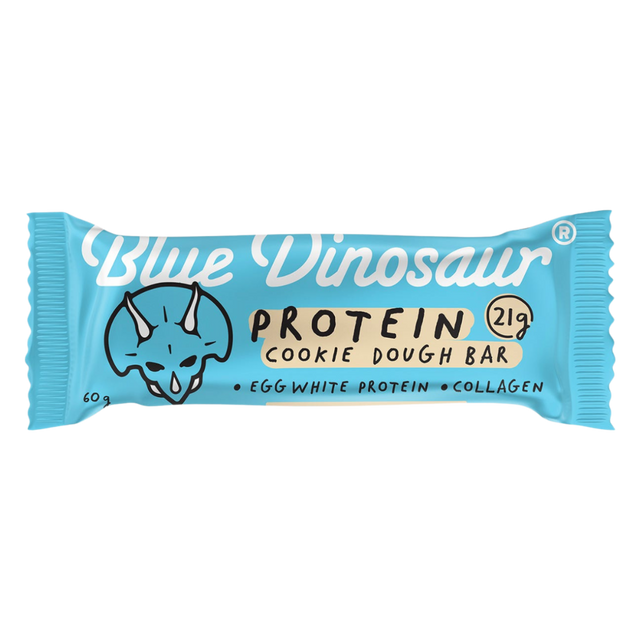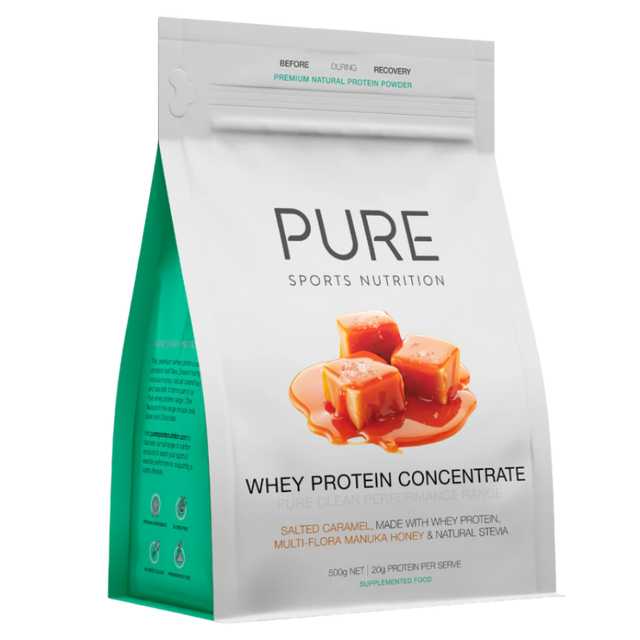Ultimate Post-Workout Nutrition Guide: Boost Recovery, Build Muscle & Fuel Performance
Even the strongest endurance athletes can be leaving gains on the table if they don’t fuel properly after training. Skipping the right recovery nutrition or waiting too long to eat can limit muscle repair, energy restoration, and adaptation to training stress. All of which can slow progress and increase injury risk. Here’s exactly what to eat, when to eat and how to tailor your recovery nutrition to unlock your full performance potential.
Table of Contents
-
Why what you eat after a workout matters
-
When is the best time to eat after exercise?
-
Post-workout nutrition for men, women, and different life stages
-
Easy meal and snack ideas after a workout
-
Key takeaways: what to remember about eating after a workout
Why What you Eat After a Workout Matters
Exercise depletes your body’s glycogen stores, stresses your muscles, and elevates stress hormones like cortisol. Refuelling properly after training helps you;
-
Replenish glycogen stores→ Carbohydrates rebuild energy by restoring muscle glycogen after exercise (1,2,3).
-
Repair muscles → Protein supports muscle recovery and growth (4,6).
-
Balance hormones & inflammation→ Including healthy fats helps to regulate hormones and reduce inflammation (5).
-
Rehydration→ Replace 125-150% of fluids lost with a sodium-containing drink and a small amount of carbohydrates to restore fluid balance (4,6,7).
-
Prepare for your next session→ Proper post-workout nutrition helps your body recover and get ready for your next training or race (1,4,7).
When is the Best Time to Eat After Exercise?
-
The optimal time to consume a post-workout meal containing both carbohydrates and protein is within 30–90 minutes after exercise to maximise glycogen replenishment and muscle protein synthesis (4,6,7).
-
If a full meal isn’t possible, grab a quick snack (e.g. yoghurt with fruit or a protein shake with banana) (1,5,6,7).
Post-Workout Nutrition for Men, Women, and Different Life Stages
General Guidelines:
-
Carbohydrates → 1-1.2 grams per kilogram of body weight as soon as possible after finishing exercise (4,6).
-
Protein →: Women: 0.32-0.38g/kg; Men: 0.3g/kg after exercise (4,6).
-
Daily protein intake → 1.4-2.0 g/kg per day supports muscle growth and maintenance (6).
-
Pre-sleep protein → 30-40 g casein protein before sleep can support overnight muscle recovery and metabolic rate (6).
Easy Meal and Snack Ideas After a Workout:
Meal idea for 80kg athlete →
+ 150g grilled chicken breast
+ 1.3 cups of rice
+ 150 g roasted sweet potato
+ 100 g steamed broccoli
+ 1 tsp olive oil
Macros: 94g Carb | 43g Pro | 10g Fat
Meal Idea for 60km athlete →
+ 3 large eggs
+ 2 slices whole-grain bread
+ 30 g cheddar cheese
+ 1 medium banana
Macros: 73g Carbs | 35g Pro | 26g Fat
Smoothie →
Your choice of milk + yoghurt + banana + protein powder + nut butter.
Protein + carbs plate →
Salmon with rice, veg and nuts or seeds.
Vegetarian option →
Chickpea & Quinoa Power Bowl→ 150 g cooked quinoa + 150 g roasted chickpeas+ 1/2 avocado+ 100 g steamed spinach+ 1 tsp olive oil.
Convenient Recovery Options →
-
Plain greek yoghurt small tub or pouch + banana and muesli
-
Sirena Brown Rice & Quinoa With Tuna 170g
-
Radix Nutrition Plant Protein Smoothie with water or milk.
These provide the balance of carbohydrates, protein, and fats necessary for effective recovery.
Key Takeaways: What to Remember About Eating After a Workout
-
Prioritize carbs + protein, with moderate fats.
-
Eat within 30-90 minutes post-exercise with a meal that contains 1-1.2 g carbs/kg and 20-40g of protein.
-
Consider daily protein of 1.4-2.0 g/kg and 30-40 g casein before sleep to optimize muscle repair and growth.
-
Replace 125-150% of fluids lost with a sodium-containing hydration source over 4-6 hours.
-
Adjust intake based on sex, cycle phase, training intensity, and individual goals.
Ash Miller:
Dietitian and Nutritionist (Masters)
Bachelor of Physical and Health Education
Instagram: @ashthomo_nutrition
References
-
Hausswirth C, Lehénaff D. Physiological demands of running during long distance runs and triathlons. Sports Med. 2001;31(9):679-89. doi: 10.2165/00007256-200131090-00004. PMID: 11508523.
-
Impey SG, Jevons E, Mees G, Cocks M, Strauss J, Chester N, Laurie I, Target D, Hodgson A, Shepherd SO, Morton JP. Glycogen Utilization during Running: Intensity, Sex, and Muscle-Specific Responses. Med Sci Sports Exerc. 2020 Sep;52(9):1966-1975. doi: 10.1249/MSS.0000000000002332. PMID: 32168106.
-
Devries MC, Hamadeh MJ, Phillips SM, Tarnopolsky MA. Menstrual cycle phase and sex influence muscle glycogen utilization and glucose turnover during moderate-intensity endurance exercise. J Appl Physiol. 2006;101(6):R1120–R1128.
-
Kerksick CM, Arent S, Schoenfeld BJ, et al. International Society of Sports Nutrition position stand: Nutrient timing. J Int Soc Sports Nutr. 2017;14:33. doi:10.1186/s12970-017-0189-4
-
Roy B, et al. The influence of post-exercise macronutrient intake on energy balance and protein metabolism in active females participating in endurance training. Int J Sport Nutr Exerc Metab. 2002;12(2):172-88.
-
Jäger R, Kerksick CM, Campbell BI, et al. International Society of Sports Nutrition Position Stand: protein and exercise. J Int Soc Sports Nutr. 2017;14:20. doi:10.1186/s12970-017-0177-8
-
Sports Dietitians Australia. Recovery Nutrition. Available at: https://www.sportsdietitians.com.au/factsheets/community-factsheets/recovery-nutrition/
Disclaimer:
The content in this blog is for general information only and is not a substitute for professional medical advice, diagnosis, or treatment. Always speak with your doctor or allied health team before changing your diet, exercise, or taking supplements, especially if you have a health condition or take medication. Please use this information as a guide only. Aid Station doesn't take responsibility for individual outcomes.














